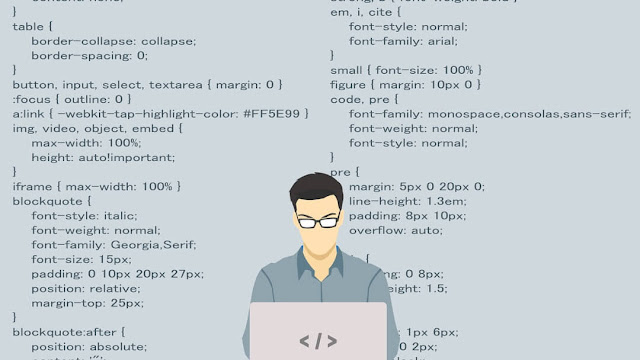Modern business can hardly thrive without an online presence. Nonetheless, it isn’t just about having a web or mobile app. You need a reliable solution that provides a great user experience. For most businesses, the frontend gets the most attention, as it is what users interact with as they engage your web/mobile app. Nonetheless, the backend demands equally the same, if not more attention, as it is the backbone.

Backend, also known as the server-side, is the part that’s responsible for an application’s performance. It stores and analyzes data while staying invisible to the users. While working behind the scenes, the server-side sends, receives and communicates information to the front end that’s displayed to the users.
Backend developers handle various tasks such as writing libraries and APIs, dealing with business processes, system components, and data architecture, to mention a few. Here is the good news; the process doesn’t have to trouble you, as you can opt for mobile backend as a service. Let’s look at some tips to use backend builder for your business, ensuring your web or mobile app offers the best.
1. Define the problem
What does the web/mobile app intend to offer? Your business model is different, and the app should consider it to facilitate effective processes. You need functionality that’ll offer the best value to the users. Defining the problem and how the app will solve them provides the guideline. This ensures that you invest in an effective and efficient backend for the app.
2. Technology stack
The platform, project type, maintenance, costs, performance, and scalability are the top considerations when choosing a backend tech stack. Your web or mobile app significantly depends on the tech stack you choose. The most popular options are Python, Ruby, Java, Javascript, PHP, Perl, Golang, C#, C++, to mention a few. While it would be easier to pick a stack following the common myths, weighing each and picking the one offering more advantages for your app is advisable. It’ll help you develop a solution that’ll solve your users’ pain points.
3. Programming language
Focus on productivity, user-friendliness, easy-to-learn, and a robust support community is some of the checks that can help you pick the best programming language. What works for one project isn’t necessarily the best for the rest. For instance, Swift is among the top options for ios backend, which may not be as good when developing a web app. JavaScript, the text-based language, is among the popular options, especially as it is used on both frontend and backend sides.

4. Frameworks
The programming language might impact the runtime environments, frameworks, and libraries chosen. For instance, if you picked Ruby, it makes more sense to go with Ruby on Rails (RoR). However, the bottom line is picking an option that facilitates seamless progress. The popular options apart from RoR are Node.js and Django.
5. Host
Where will you host the site? Even with a top-class app, your efforts can go down the drain if the hosting isn’t reliable. You need to choose a hosting service that;
- Guarantee friendly uptime, typically 99%
- Boasting prompt customer support team available 24/7
- Offering reasonably priced plans
- With a proven track record
With a solid backend and reliable hosting, your mobile or web app will deliver to your expectations and offer the users an unforgettable experience. This translates to a competitive edge, helping you scale the operation to the next level.